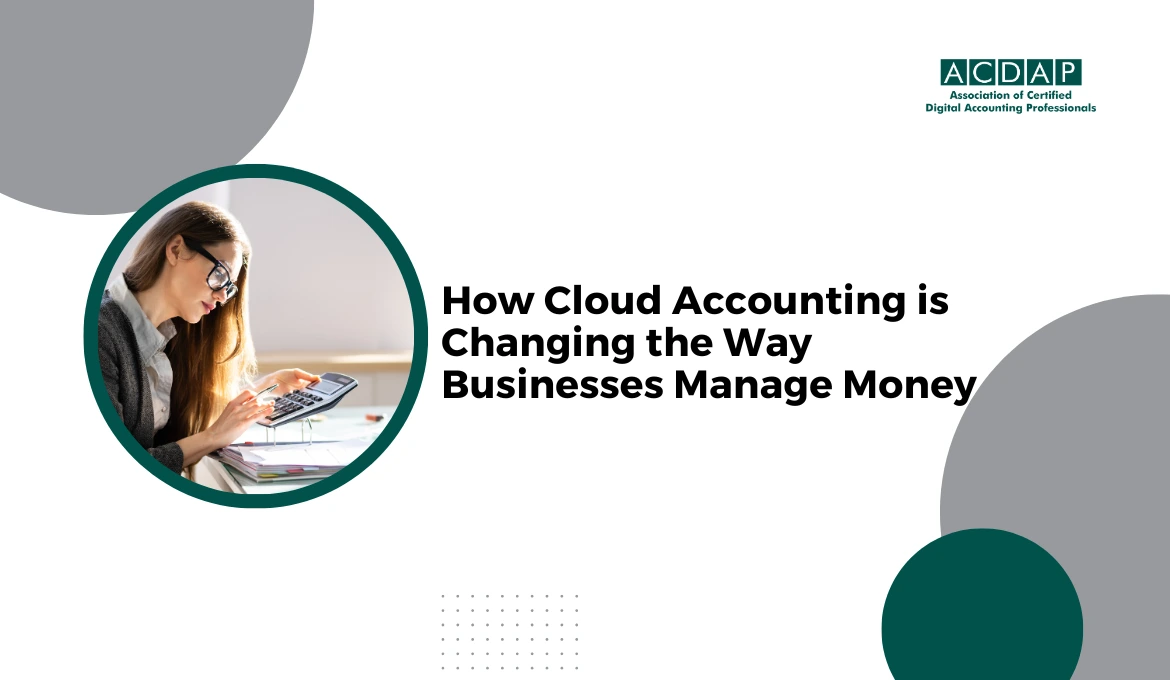Protecting financial data is crucial in today's digital age. With increasing cyber threats, data breaches, and compliance requirements, organisations must prioritise data security to reduce risks and maintain trust with customers, partners, and stakeholders.
This blog will explore the importance of safeguarding financial data on the digital frontier; the challenges organisations face, and best practices for ensuring data security and compliance.
The Importance of Safeguarding Financial Data
Financial data is among organisations' most sensitive and valuable information, encompassing a wide range of data types, including customer payment information, employee payroll records, and proprietary financial reports. Safeguarding financial data is essential for several reasons:
- Protection against Cyber Threats: Cybercriminals often target financial data to steal sensitive information and make money. Data breaches can cause significant economic losses, hurt a company's reputation, and lead to legal problems.
- Compliance with Regulations: Organisations such as PCI DSS, GDPR, and SOX must follow rules and standards to protect financial data. Failure to do so can result in fines and penalties.
- Maintenance of Trust and Reputation: Safeguarding financial data is significant for maintaining trust and confidence with customers, partners, and stakeholders. Organisations that demonstrate a commitment to data security and privacy are more likely to retain customer loyalty and secure their reputation in the marketplace.
Challenges in Safeguarding Financial Data
Despite the importance of safeguarding financial data, organisations face several challenges in achieving adequate data security and compliance:
- Evolving Cyber Threat Landscape: Cyber threats are constantly changing. Attackers use tricky tactics like ransomware, phishing, and insider threats. To stay safe, monitoring threats, detecting them early, and having strong cybersecurity in place is essential.
- Complexity of Data Ecosystems: Organisations often have complex data ecosystems, storing financial data across multiple systems, platforms, and cloud environments. Managing data security across these diverse environments can be challenging, requiring centralised visibility and control over data assets.
- Insider Threats and Human Error: Intentional or unintentional, insider threats are a significant risk to financial data security. Employees may inadvertently expose sensitive information through careless actions or malicious intent, highlighting the importance of employee training, awareness, and access controls.
Best Practices for Safeguarding Financial Data
To address the challenges of safeguarding financial data in the digital frontier, organisations can implement the following best practices:
- Conduct Risk Assessments: Regularly assess and identify potential risks to financial data security, including system vulnerabilities, processes, and employee behaviour. Conducting risk assessments enables organisations to prioritise security investments and implement appropriate controls to mitigate risks.
- Implement Strong Authentication and Access Controls: Use multi-factor authentication (MFA) and access controls to limit access to critical financial data. Only give access to people who need it, and ensure they prove who they are with strong authentication. This helps stop unauthorised access and data breaches.
- Encrypting Data: Encrypt financial data when stored and sent to keep it safe from unauthorised access or interception. Encryption ensures that the data stays secure even if it's stolen or intercepted by attackers.
- Monitor and Audit Data Access: Implement robust tracking and auditing mechanisms to monitor access to financial data in real-time. Watch out for strange activities, attempts to access without permission, or odd patterns that might indicate a security breach.
- Provide Ongoing Employee Training:
- Train employees on why data security is essential and how they can help protect financial data. Regularly provide education and awareness programmes so they can recognise and respond to security threats effectively.
The Bottom Line: Safeguarding Financial Data for a Secure Future
Keeping financial data safe is crucial for organisations in today's digital world. By focusing on data security, putting strong controls in place, and following regulations, organisations can reduce risks, safeguard sensitive information, and keep the trust of customers, partners, and stakeholders.
While safeguarding financial data presents significant challenges, organisations can overcome them through a proactive and holistic approach to data security. Organisations can protect their financial data and ensure a secure future in the digital age by conducting risk assessments, implementing strong authentication and access controls, encrypting data, monitoring access, and providing ongoing employee training.

























